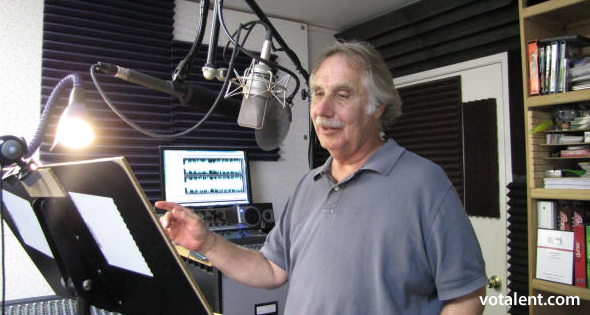So, what are you going to do when you retire?
For many VO artists the prospect of retiring doesn’t even occur to them. After all, if voice over is your passion then why on earth would you want to retire!?
As the old saying goes…if you are doing something you love then you never have to work another day in your life!
In Spanish the word for retirement is “jubilación”, literally jubilation, the moment of joy, so the long-lasting holidays a time to enjoy and since you enjoy doing VOs, keep on doing them. But this might not be the case for everybody.
Whilst there is certainly some truth in that statement surely there comes a time when we will want to disconnect our microphones and wander off into the sunset?…….or maybe not?
If you are dedicated to your profession, well established and you love what you do then there’s absolutely no reason to retire. Your voice has no doubt evolved over time and you probably can’t do the energetic and youthful voice overs any more but who cares? There’s plenty of work out there for the more mature voice so let’s make hay whilst the sun still shines!
On the flip side, maybe you’re ready for a change? Maybe your health isn’t up to long studio sessions anymore or your voice just isn’t up to it any longer?
There’s always the chance that a bit of negativity has crept in and that you’re just not having fun anymore. For example, you might be frustrated with constantly having to fight your corner to get paid what you’re worth; disheartened by the volume of amateurs that have entered the industry and the resulting low-balling on price that has always affected the profession; or you might not have the energy any more to audition for jobs when so many other VO artists are going for them.
There could be any number of reasons why you might think it’s time to call it a day and seek new adventures.
For many, semi-retirement might be the answer. You still love what you do and you’ve reached a stage in your life where you can be selective about the work that you do. If the money’s not right or the job just doesn’t float your boat then you can just refuse it and wait for the right opportunity to come along. This is probably the scenario that would suit most of us …..as long as we were financially secure enough to consider such an approach.
What do you think? Have you made plans for your retirement or will they have to prise the microphone away from your dead fingers before you stop!? Please let us know.


In Brazil is impossivel to have a dignify life only with the retirement payment. So we must continue to work. And for that, to be a VO is good because it is a plesure to work.
In 2013 I “retired” from a corporate career (the last 10 years in Product Marketing Management with Schneider Electric) and to a new career as a Voice Talent. This pursuit requires continuous skill-building and commitment. I’m all in for tnis endeavor and only plan to truly retire when I just can’t do it anymore.